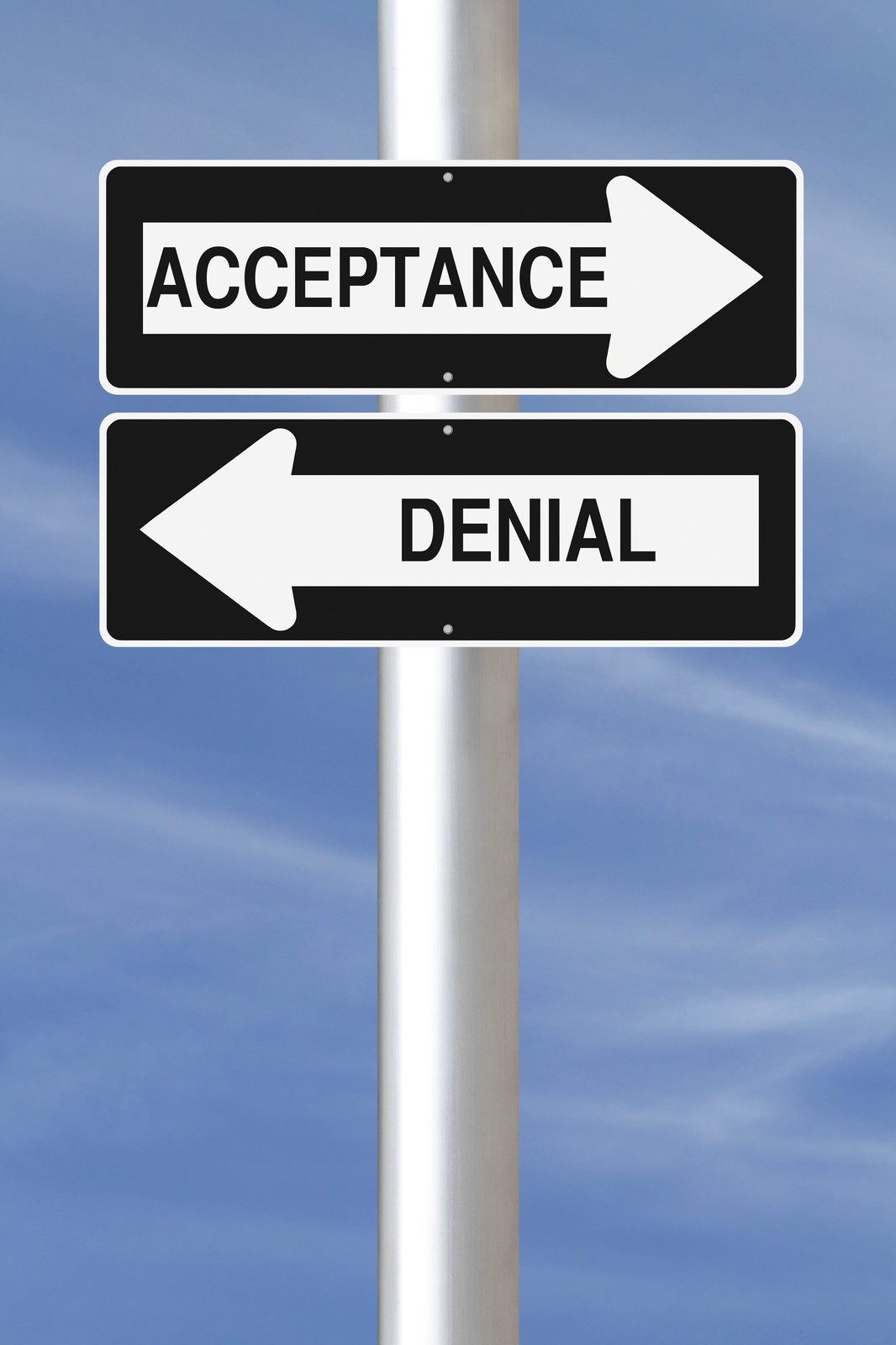6 Things NOT To Say to a Sick Woman About Her Appearance

Society places so much emphasis on a woman’s appearance to the point where we forget that every woman—whether it’s Jessica Simpson or the woman crossing the street—is a human being with feelings.
6 Things Not to Say to a Sick Woman:
- “You lost your hair!”—My cousin survived Hodgkins Lymphoma, a rare form of cancer, twice! People would often point out that she lost her hair. Sick people own mirrors too.
- “You’re fat.”—Believe it or not, this is one of the most common things sick women hear.
- “You’re rail-thin. Geez, eat a cheeseburger.”
- “You changed so much. I couldn’t even recognize you.”—I remember someone telling me, “You gained so much weight in a year. I couldn’t even tell it was you.” This family friend knew I was sick.
- “You have ‘moonface.’ ”—Listen, I love NASA and astronomy but I do not like to be told that I look like any celestial body in the solar system. This phrase is commonly used to describe the effects of Prednisone, which can cause weight gain and make the face puffy.
- Outlining specific changes when a person is in remission or her appearance goes “back to normal.”—There is no need to make an itemized list of changes you thought were negative. I gained ten dress sizes between 2008 and 2010. After I lost the steroid-induced weight, people would say, “You changed so much. You gained so much weight. Your face was bloated. Now, you look great again.” Well, what if I ever gain that weight again because of the erratic nature of my disease? What if your friend’s cancer returns? What if the doctor increases her dosage in the future? For me, the worst was when friends (who kept telling me that I had not changed during those two years) would tell me how I look great again! People would say it with such relief. Sometimes, I wanted to respond, Well I’m glad I lost weight. I didn’t realize this was such an ordeal for you.
Ideas On What To Say
Some nice things people said during my weight gain were, “You look great,” or, “You look beautiful.” One night, I had an epiphany. My cousin Shelly said, “You look different. But different is neither good nor bad. It’s just different.” After that, I never felt insecure about my appearance again.
When In Doubt…
When in doubt, its’ best to say nothing. To be sure, not everyone who says something hurtful is doing it maliciously. If you truly have nothing positive to say or don’t know what to say, you don’t have to comment. What most people want is validation—we want to feel heard. Listening speaks volumes. Sometimes, listening helps more than anything a friend can say.
Fashionably ill Readers Speak Out
Lynette, “I blow up because of steroids. I look like I have been blown up. Why then do people need to tell me I have put on weight? I have a bloody mirror and scales and my clothes don’t fit me idiots.”
Kimberly, “I have gained a lot of weight after taking steroids for 10+ years (I have 5 autoimmune diseases). I (legally) parked in a handicapped space recently because I was having a lupus flare and a woman told me being fat wasn’t a handicap and I should park far away and walk to the pharmacy!”
Rachel, “My skin is a luminescent yellow-green jaundice color due to one of my meds. Some days are worse than others. I constantly have people give me odd looks…or just say flat out…wow, you are really yellow! I then explain my condition, the fact that my meds turn me this color, etc. I look at it as a teaching experience to educate said person on my various medical conditions.”
–Your Stylist, Jessica Gimeno
Like Fashionably ill on Facebook
Meet other warriors! “Like” us on Facebook at https://www.facebook.com/fashionablyill.






I hear you! Yikes have I gained weight from meds. I dread seeing people I haven’t seen in awhile because I am afraid of these comments. Thanks for putting this out there :)!
Pingback: 'Fashionably Ill': Jessica Gimeno Tackles Mental Health, Chronic Pain with Style – NBCNews.com
Pingback: 'Fashionably Ill': Jessica Gimeno Tackles Mental Health, Chronic Pain with Style - NBCNews.com - Ma Health
Pingback: 'Fashionably Ill': Jessica Gimeno Tackles Mental Health, Chronic Pain with Style – AddictedFitness
Pingback: 'Fashionably Ill': Jessica Gimeno Tackles Mental Health, Chronic Pain with Style : TripMat
Pingback: 'Fashionably Ill': Jessica Gimeno Tackles Mental Health, Chronic Pain with Style
Pingback: 'Fashionably Ill': Jessica Gimeno Tackles Mental Health, Chronic Pain with Style | web02003